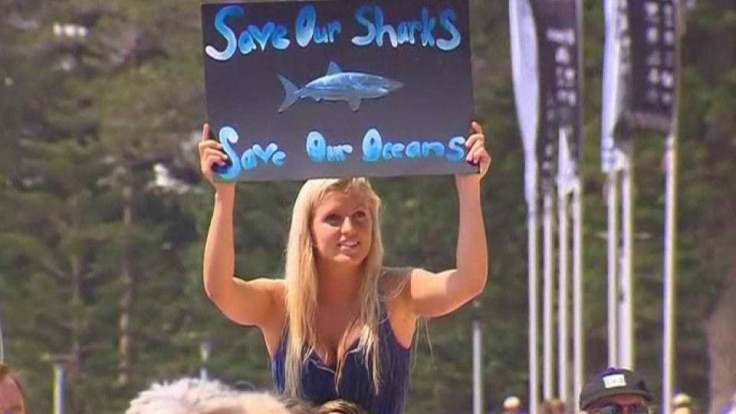Western Australia's Shark Cull Policy Continues After Court Rejects Sea Shepherd Challenge

Western Australia's shark cull will continue to be enforced, following the failure of the legal challenge filed by marine activist organisation Sea Shepherd.
The Supreme Court in Western Australia rejected Sea Shepherd's challenge for a judicial review of the state's shark cull policy. According to Sea Shepherd, the shark cull policy was implemented without passing through the proper legal processes. The marine activists were also seeking for an injunction to remove the baited drum lines off the coast of Western Australia's popular beaches, pending the judicial review.
Sea Shepherd's managing director Jeff Hansen spoke outside the court and told media that they felt it was their duty to fight the case despite their failed attempt. He said Sea Shepherd is determined to continue the fight against the shark cull policy.
Mr Hansen declared they will not stop until the "cruel, barbaric, unsafe and environmentally unsustainable drumlines" are taken away permanently. He feared other marine animals like whales and dolphins may be the next victims.
Meanwhile, Western Australia Premier Colin Barnett welcomed the court's decision and said Sea Shepherd's case is merely based on legal technicalities. He continued to assert that the shark cull policy was proposed after following a "rigorous process."
Greens MLC Lynn Mclaren was saddened by the news and remarked it was upsetting for most Australians who, according to a survey, oppose the shark cull. Shark cull protests were held in at least 10 locations across Australia, including Melbourne, Adelaide, Cottlesloe, Hobart, Broome and Perth in Western Australia.
Mr Hansen said Western Australia's efforts in releasing undersized sharks out into the open may not be helping at all. He said his organisation has seen sharks with cuts in their heads from the hooks. They may not survive because of the wounds they sustained or may have difficulty in feeding themselves.
Sharks are common in Australian waters and are known to wander in popular beaches like Bondi Beach. Authorities have installed nets off the beaches to protect swimmers, but the nets have become controversial in New South Wales for catching two sea turtles and two humpback whales. Marine animals trapped for too long might die. To shark conservationists, the shark cull has a broader impact on the marine ecosystem. The shark cull policy in Western Australia has attracted global opposition from conservationists, scientists and even victims of shark attacks.





















